If you are missing an event, please send us a short mail with all important information:
- Place
- Time
- Topic / Procedure
- Participation requirements
The event must be university-related and aimed at students and / or prospective students.
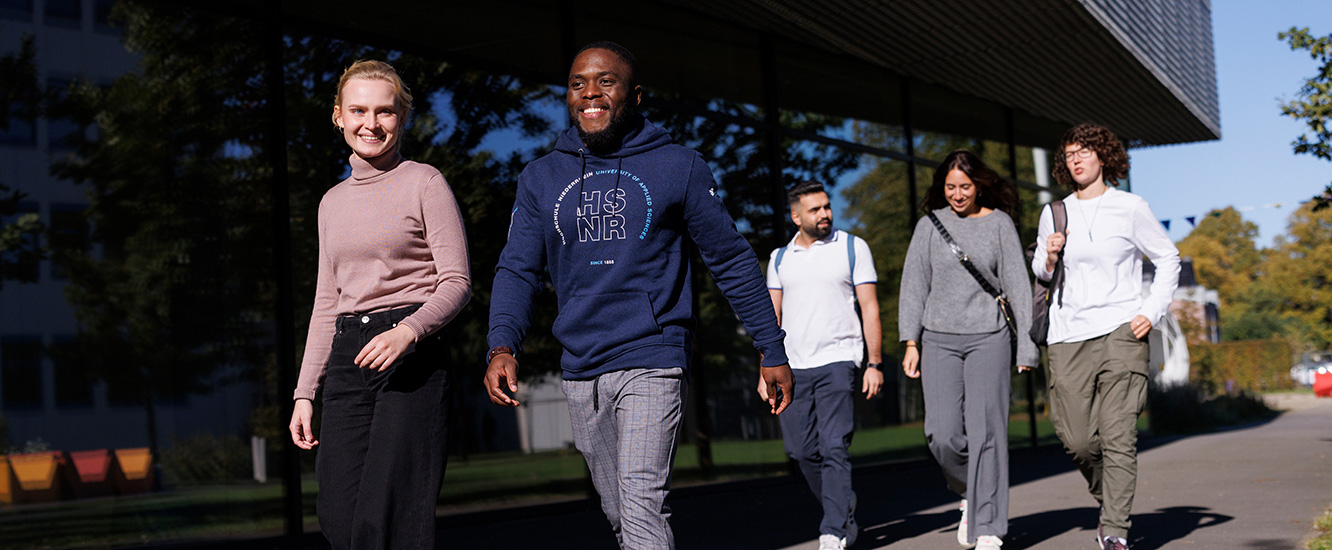
Find out more about our degree programmes now and secure your place.
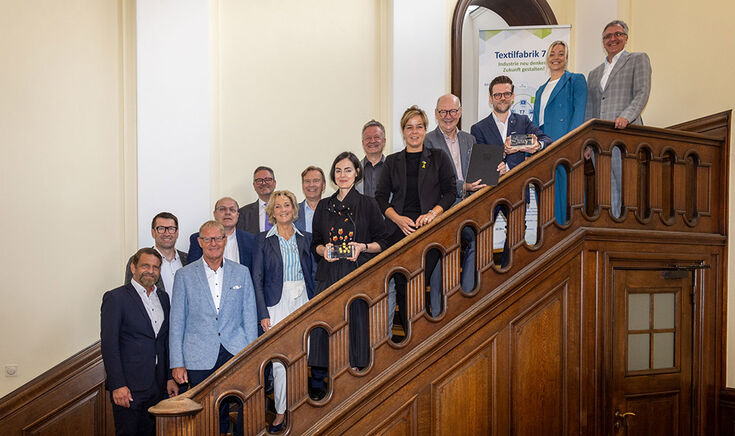
The textile and clothing industry in the Rhineland region is experiencing a significant innovation boost: The Hochschule Niederrhein (HSNR)'s…
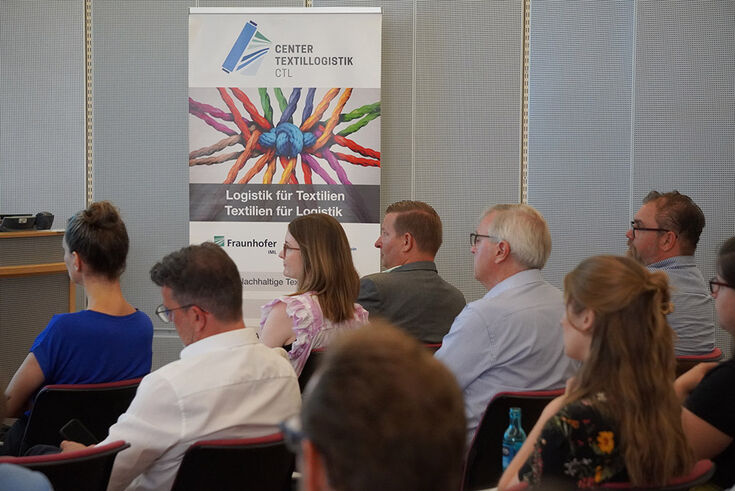
On 2 July 2025, the seventh Textile Logistics Forum took place in Dortmund, organised by the Center Textillogistik (CTL) of The Hochschule Niederrhein…
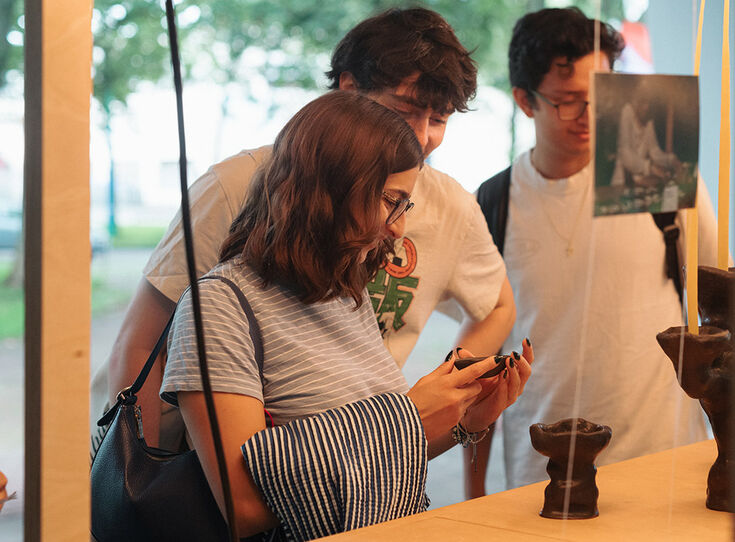
On 18 and 19 July 2025, the Faculty of Design at Hochschule Niederrhein (HSNR) invites you to a faculty exhibition on the Krefeld West campus…
If you are missing an event, please send us a short mail with all important information:
The event must be university-related and aimed at students and / or prospective students.
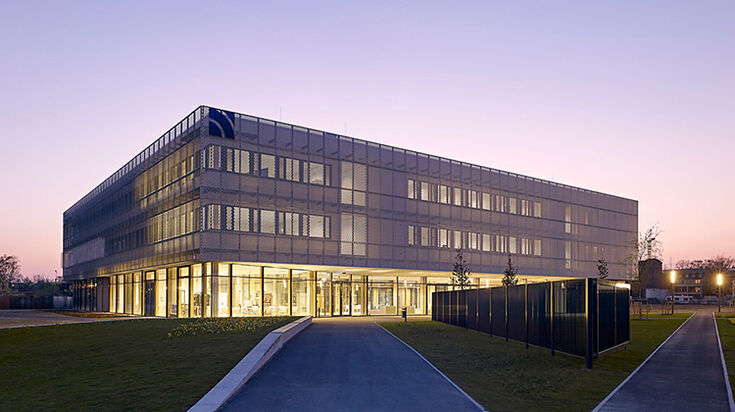
With around 12.948 students (as of winter semester 24/25), Niederrhein University of Applied Sciences is one of the largest and most powerful universities for applied sciences in Germany. At the three campuses in Krefeld South, Krefeld West and Mönchengladbach, the students are spread over 78 bachelor's and 34 master's degree programs in ten departments. 909 employees - 244 of whom are professors - ensure close supervision and practical, applied teaching.
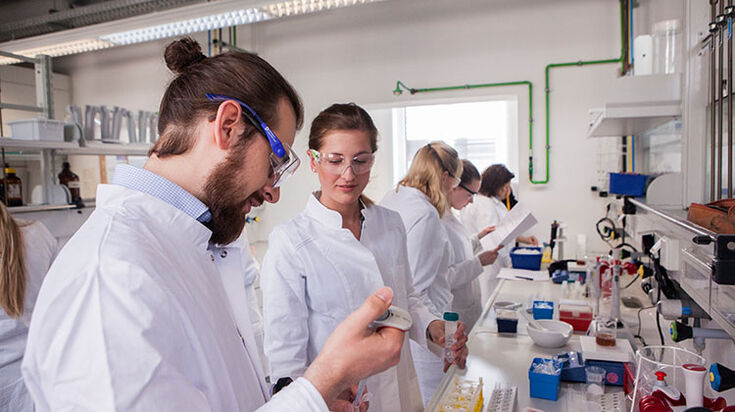
As a university of applied sciences, research plays a special role at the Niederrhein University of Applied Sciences: it is practical and application-oriented. The researchers always have the direct benefit of their results in mind. The university's departments and research facilities are oriented toward the needs of the region's economy and companies.
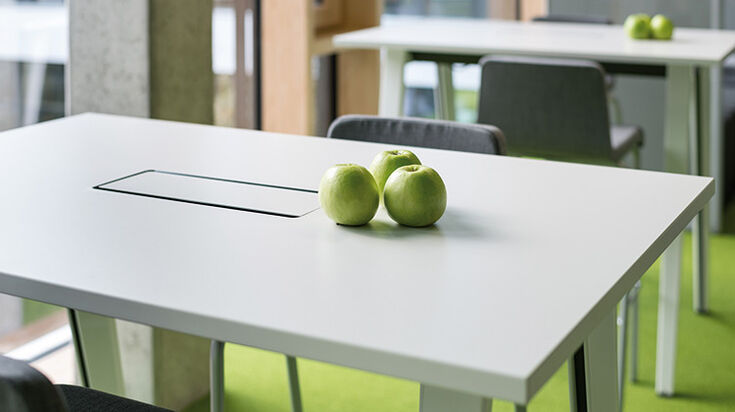
Lifelong learning - this is made possible by the offerings of the Center for Continuing Education at the Niederrhein University of Applied Sciences. Professionals can develop their potential, advance their careers and secure their jobs with practical and application-oriented certificate courses, continuing education and master's degree programs. In the process, they benefit from the knowledge and expertise of the university.

Looking for the right counseling center? Our counseling navigator will help you find it.